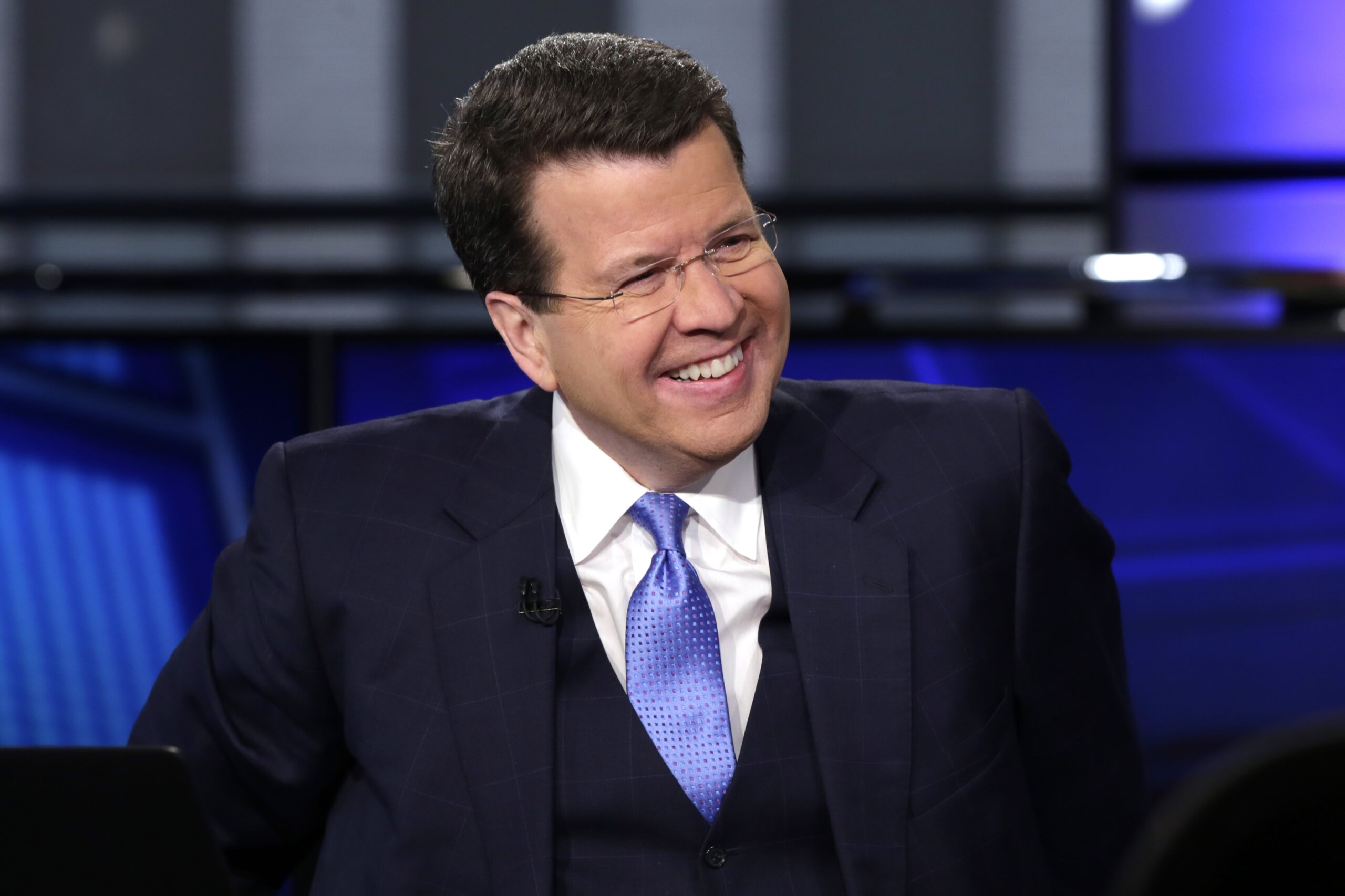Jobs
Massachusetts lawmakers are paid to be full-time legislators. Half have second jobs or side hustles, too. – The Boston Globe

All told, at least half of state lawmakers had some type of second job, business interest, or side hustle, raising questions about how much time lawmakers commit to their elected roles. The prevalence of outside work also means lawmakers have a greater potential for conflicts that may be lurking out of public view. Legislators who work as attorneys or consultants, for instance, are not required to disclose on financial forms the clients they serve in their second jobs.
“Let’s not call this a full-time Legislature if it isn’t,” said Jeanne Kempthorne, a former state ethics commissioner and federal prosecutor who is now part of a coalition calling for more transparency in the Legislature. She and other Beacon Hill watchdogs noted that state lawmakers routinely miss major deadlines, rush critical legislation through in the final hours of formal sessions, and concentrate power in the hands of only a few Democratic leaders, cutting most rank-and-file members out of major decision-making.
“We the public have the right to expect full-time effort, full-time energy devoted to the job,” Kempthorne said.
Both Democrats and Republicans held outside jobs, which include both public-sector and private-sector work, and range from the high-profile and high-paying to the modest and mundane. One reported income of at least $300,000 last year on top of his state salary while others said they earned just a few hundred dollars.
About two dozen lawmakers — or roughly one in eight of all 200 — reported earning more than $100,000 in addition to their legislative pay. Legal work was the most common field for lawmakers to engage in outside of the State House; at least 25 lawmakers reported that they either worked for a law firm or ran their own practice, the Globe found. Others owned a car dealership, worked as an insurance broker, or provided financial advice, among other jobs. A handful declined to tell the Globe much of anything about their outside roles.
Many of those roles were relatively humble: 32 lawmakers earned less than $10,000 in outside income for their side gigs, according to the Globe review. Representative Paul Frost, for example, said he brought in about $400 driving for DoorDash with his daughters. In another case, a lawmaker said he chose not to juggle multiple roles to better serve his constituents. Senator Pavel Payano resigned from his Lawrence City Council seat a few weeks after his Senate term started, saying he wanted to avoid “wearing two hats.”
In response to Globe inquiries, dozens of lawmakers who hold outside jobs insisted that they are fully committed to their legislative responsibilities. Many said their outside work provides them an important perspective, or that to afford life in a high-cost state, they need income beyond their legislative pay, which for the lowest-paid members starts at $91,000, including a stipend for travel and expenses.
Others said the work reflects their hustle.
“I’ll rest when I’m dead,” said Representative Russell Holmes, a Mattapan Democrat who said he works full time as a lawmaker and as a financial adviser. He said he encourages other lawmakers to keep their jobs after being elected. “Too often people are making their career and their life experiences the Legislature. I think that’s the opposite of what [the Founding Fathers] envisioned.”
Managing two full-time jobs is “something to be proud of,” said Representative Michael Soter, a Bellingham Republican who reported earning more than $100,000 last year for his sales job at the Fathers Table, a dessert company.
Soter said he works long days — 18 or 20 hours — to balance that job with his role in the Legislature.
“I haven’t skipped a beat on anything,” he said. “I’m very focused.”
Representative Jeffrey Turco, a Winthrop Democrat and lawyer, said he puts in nearly 60 hours a week as a legislator and 40 hours a week running his practice, with a focus on real estate — the equivalent of working 14 hours a day, seven days a week. He’s also a father of six.
“Time management, hard work, and dedication to my family allow me to balance all three [roles],” he said.
Legal woes and potential conflicts of interest
Lawmakers’ second jobs leaped to the forefront last month, after two legislators’ outside employment or businesses they had ties to became the focus of criminal investigators.
Police on Cape Cod said they were investigating Representative Chris Flanagan after his former employer accused him of misappropriating tens of thousands of dollars in a “potential fraudulent use” of one of its accounts. Flanagan had resigned months earlier from the Home Builders and Remodelers Association of Cape Cod, a nonprofit trade association.
Just days before that probe became public, the FBI searched a Lawrence doughnut shop that Representative Francisco Paulino founded, now run by his wife. Paulino also owns the building that houses the cafe. Authorities did not say what they were investigating, only that they were “conducting court-authorized activity.”
Neither lawmaker has been charged. Neither responded to requests for comment.
Flanagan and Paulino were among the legislators reporting the highest outside earnings in 2023, the time frame covered by lawmakers’ most recent disclosures. Paulino’s disclosures show that on top of his legislative salary, he earned at least $300,000 last year thanks to four private-sector jobs and ownership stakes in six businesses, largely related to real estate in the Lawrence area.
Flanagan earned at least $81,000 between three outside jobs, according to his disclosure form, which requires lawmakers to report outside income but only in broad ranges. Lawmakers earning $110,000 or $1 million a year, for example, would both report their outside earnings using the highest income range listed on financial forms: “$100,001 or more.”
It’s entirely legal for state lawmakers to work outside jobs; only the House speaker and Senate president are barred from making outside “earned income” under a pay raise package legislators passed in 2017.
There are also other ethical guardrails. Legislators, for example, may not act on so-called special legislation — bills that address a specific situation or person — in which they or their employer have a financial interest, according to state regulators. They also must disclose any conflicts prior to a vote that would “substantially affect” their own financial interests.
But state law only requires so much. Elected officials are not mandated to report any client names on their annual financial disclosure reports, which are available to the public but in practice are more difficult to access than other public records.
Anyone requesting a record must show proof of identity, such as a driver’s license, which is atypical when making public records requests. The law also requires that the state Ethics Commission alert the person who filed the disclosure, meaning lawmakers know the name and affiliation of anyone viewing their financial filings.
Without knowing whom lawmakers’ clients are or the nature of their work, it’s difficult to say whether they are working with outside organizations that have interests before the Legislature — or whether those outside job ties could be motivating lawmakers’ votes or the bills they file, said Peverill Squire, a University of Missouri professor and expert on state legislatures.
“The conflict comes in if they’re pursuing something where there is some clear financial advantage to the member given his or her outside employment or other sources of income,” Squire said. “There are always concerns about the extent to which those sorts of positions are legitimate in terms of what the outside employer is getting, or whether it’s just a way of currying favor.”
In response to Globe questions, several lawmakers would not shed any light on the work they do in their second jobs.
House majority leader Michael Moran reported earning between $60,001 and $100,000 last year as the owner of Cloon Consulting, a “general consulting business” that shares Moran’s home address, according to state business records. Moran, a Brighton Democrat, did not respond to multiple inquiries about his outside work, including a request for a list of his clients.
Representative Marjorie Decker, the House chair of the Legislature’s Public Health Committee, reported earning more than $100,000 last year at the Boston law firm Berman Tabacco.
In a 2017 disclosure, she acknowledged that legislation could arise affecting the firm or its clients and sought to dispel “any potential appearance of a conflict of interest” by filing a letter with the House clerk. Decker — who is not an attorney — wrote at the time that she served as the firm’s director of community affairs, helping with marketing and identifying potential clients, with a focus on plans known as Taft-Hartley funds in Massachusetts and public pension funds elsewhere.
Decker, in response to Globe questions, did not say what her title is now or how much time she spends on her role, saying only that she’s worked “on a variety of subject matters” and can “balance these responsibilities with my role as an elected official.” She also said she does not work on Massachusetts public pension funds or matters related to them. A spokesperson for Berman Tabacco did not respond to requests for comment.
“Many of my bills have passed into law,” Decker said, in response to questions about how she balances the two roles.
Fishing, real estate, and public service: an array of outside roles
Others reported a wide range of other jobs. Senator Barry Finegold reported earning at least $266,000 last year for working four private-sector jobs and having an ownership stake in seven companies, largely related to real estate and property management.
The Andover Democrat also took home $142,000 as a legislator, including the stipends he was paid for the additional responsibilities he takes on as the chair of one committee and vice chair of another. Finegold did not respond to Globe inquiries.
Representative Rita Mendes, a first-term Brockton Democrat, served as a city councilor in 2023, in addition to owning her own immigration law firm and a realty company — roles that brought in at least $130,000 in additional income, according to her financial disclosure.
In an email, Mendes said winning her House seat actually meant taking a “pay cut,” because she had to hire people to effectively replace the work she was doing at her firm, where she said she now has “minimal involvement.”
“I’m a full-time state representative,” she said.
For critics, it is no coincidence that a Legislature that routinely misses deadlines and has struggled to reach agreements on some major bills is stocked with lawmakers splitting their attention between multiple roles.
“As one of the only full-time legislatures in the country, somehow we’re still ranking bottom of the barrel when it comes to legislative effectiveness,” said Scotia Hille, executive director of the progressive advocacy group Act on Mass. “If we’re one of the only states with a full-time Legislature, we’re not seeing the results of that.”
Nationally, many state legislators work a second job; just 11 percent across the country consider themselves full time, according to the National Conference of State Legislatures. Texas lawmakers are expected to meet for just five months every two years, for example, and New Hampshire lawmakers receive a base salary of just $100 annually.
In Massachusetts, though, the Legislature is considered full time, with a longer session, more time demands, and larger staffs than bodies in other states.
Lawmakers are also paid that way. The lowest annual pay is about $91,000, while top leaders earn over $200,000, including base salary, travel and office allocations, and the additional stipends most lawmakers here earn for serving in leadership positions. Most legislators earn more than the median income for a Massachusetts household, which is just under $100,000.
Several lawmakers said the outside work ensures they can make ends meet.
Representative Patrick Kearney, a third-term Democrat from Scituate, said he serves as a lieutenant in the Navy Reserve, works six to 12 hours per week as an adjunct professor at the Massachusetts Maritime Academy, and is an owner of a commercial charter fishing company. He said he also occasionally works for a valet parking company that a friend owns.
He reported making at least $66,000 between the various jobs in 2023, in addition to his $94,000 in legislative pay, saying the outside work gives him a “broader perspective” in the State House. He also said the “supplemental income is essential” to be able to afford to live in his coastal district.
The question of how committed lawmakers are to their elected jobs has emerged as a campaign issue at times. In Lowell, Representative-elect Tara Hong said that while he was campaigning in the last two cycles against Democratic incumbent Rady Mom, many voters he talked to said they didn’t even know who their representative was.
Mom, whom Hong bested in the September primary, has held the seat since 2015, and also reported owning a massage therapy business, earning him up to $20,000 in additional income. He did not return a request for comment.
“In my district,” Hong said, “people wanted to see a full-time and active state representative.”
Emma Platoff can be reached at emma.platoff@globe.com. Follow her @emmaplatoff. Matt Stout can be reached at matt.stout@globe.com. Follow him @mattpstout.









